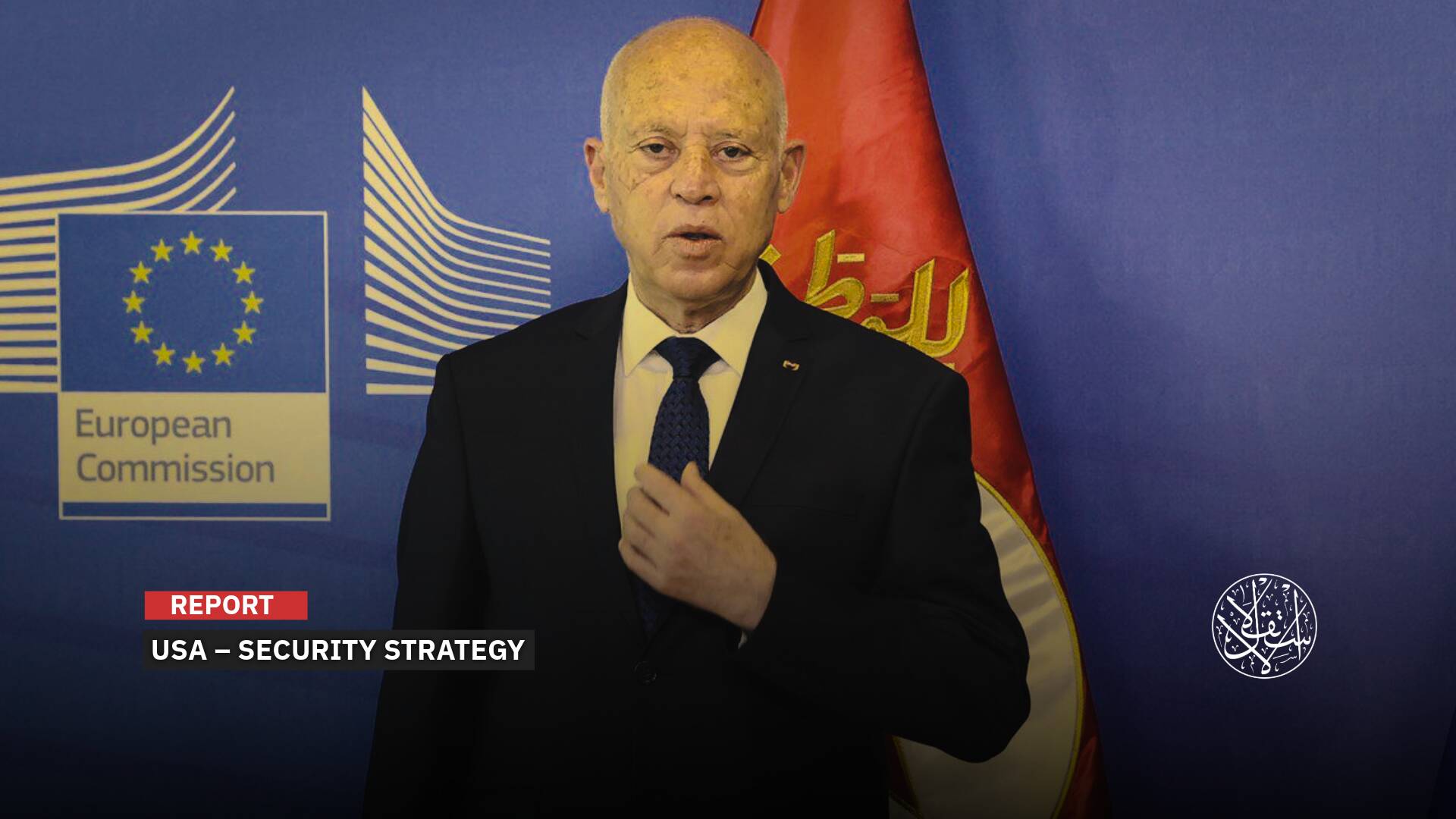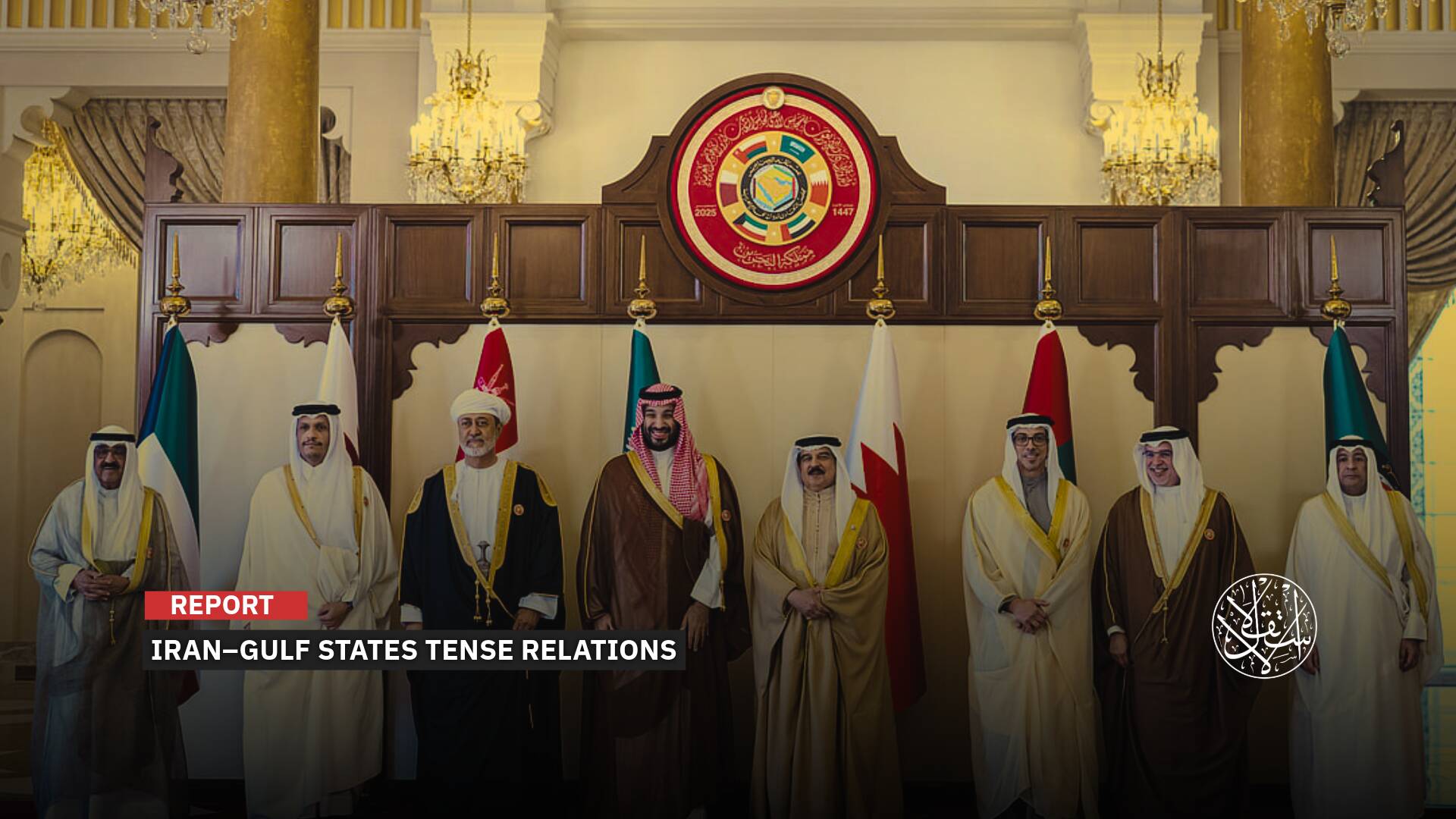LE MONDE: ALGERIA PRISONS ARE FLOODED WITH PRISONERS OF CONSCIENCE AGAIN

The French newspaper Le Monde reported that Algerian prisons are once again full of prisoners of conscience, confirming that more than 60 of them are currently behind bars.
Two months after the Algerian president, Abdel Majid Tebboune, decided to pardon the already convicted Hirak activists and grant temporary release to those who had not been finally tried, prisons are back full of prisoners of conscience.
Le Monde says that their number now stands at 66, according to data updated by the Algerian Detainees' website.
The Algerian authorities choose to emphasize against the return of demonstrators to the streets every Tuesday and Friday, according to the newspaper.
At the end of February 2021, the popular protest movement, which began in early 2019, resumed after a year of stopping due to the outbreak of the Corona pandemic.
The regime accuses the movement of being infiltrated by "separatist circles" and "illegal movements close to terrorism" that seek to drag it into acts of violence, as President Tebboune said on April 6, after a meeting of the Supreme Security Council.
His rhetoric was aimed specifically at the self-determination movement in the Kabylie region (separatist movement), which is not recognized in the Harak movement, and the Rashad movement, which includes certain elements of the former Islamic Salvation Front .
The Real "Hirak"
In addition to the usual accusations of unarmed gatherings and undermining national unity, frequent accusations of establishing foreign connections and relations have been added.
Nasser Mugnine, president of the highly active cultural association (SOS Bab El-Wad), was placed under preventive detention on April 20, and other members are under judicial supervision.
A statement by the Algerian police described the association as a "criminal group" accusing it of carrying out subversive activities financed by a foreign embassy of a large country in Algeria, which was not cited.

The police took pictures of the association’s members in the manner of official announcements about theft and banditry cases, and broadcast them where the detainees were shown from the back, handcuffed, next to a table on which printers and cameras were placed, in addition to banners carried by the movement's demonstrators.
This process, which sparked outrage on social media, is in line with the regime's rhetoric, which it believes has responded to the demands of the "genuine, authentic movement."
Today, according to Minister of Communications and government spokesman Ammar Belhimer, nothing remains but a "false movement" used by "certain foreign parties in their war against Algeria."
Rabah Karish, a correspondent for the Algerian newspaper Liberte, was imprisoned in Tamanrasset, in the far south of the country, on April 19, for covering a demonstration by Tuaregs (Berber Berbers) challenging the new administrative division decided by the public authorities.
He is accused of spreading "information that causes discrimination and hatred in society," "intentionally spreading false information that harms public order," and "using various means to undermine security and national unity.
Thw Usual Measure
Liberte newspaper responded to its owner, businessman Asaad Rebrab, president of Cevital Group, by saying: These accusations "are false and conceal a strong desire to silence the journalist and prevent him from carrying out his work with all objectivity."
There are also growing concerns about the fate of 22 Hirak detainees on hunger strike since April 6.
They were arrested after a demonstration on April 3, brought back into custody and are now on trial for "undermining national unity and unarmed assembly."
The Algerian League for the Defense of Human Rights also recalled “the tragic cases of journalist Mohamed Tamalt and activist doctor Kamal El-Din Fakhar, who died in detention (in 2016 and 2019).”
For political expert Louisa Dries Ait Hammadouche, the repression is part of the regime's usual management of the movement and has never stopped, even during quarantine.
In an interview with Al-Watan newspaper, it specified that a general "peak" was recorded in relation to the deadlines set by the authority itself.
She clarified this issue by saying that the peak of the arrests occurred “at the time of the presidential elections in December 2019, and again during the referendum on the amendment of the constitution in November 2020, and now it is being witnessed as the date of the next legislative elections, scheduled for June 12 approaches.” 2021 ".
The legislative elections are struggling to arouse the interest of Algerians amid all this repression and chaos.
The political expert pointed out that this choice of the authorities is contradictory, because the system faces a very low voting rate, boycott and abstention.
"The system will have greater opportunities to attract voters by liberalizing the media and allowing individual freedoms instead of filling prisons," she said.









